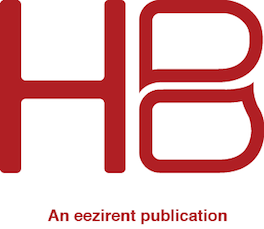
14 Jan Rent receipts and ledgers
Do you issue rent receipts to your tenants?
Do you maintain a dedicated rental ledger that is provided to the tenant?
Do you retain the payment record for the required amount of time?
If you answered NO to any of these questions, then you are in breach of tenancy legislation.
If this is how you manage your rent payments, then it is time for a quick lesson in what should be done.
The rules
So, let’s begin this discussion with a rundown of the rules surrounding rent receipts and ledgers. Fortunately, they are clear and consistent across the country.
- You must issue a receipt for the initial rent payment regardless of how the payment is made.
- If the tenant pays the bond to you for lodgement with the Bond Authority, the amount must be noted separately to the rent portion of the payment, but they can appear on the same receipt.
- For a receipt to be valid it must contain all of the following:
the tenant’s name
the address of the premises
the date of the payment
the purpose of the payment ie. bond or rent or utility payment
the period covered by the rent payment known as the ‘paid from’ and ‘paid to’ dates. - A rent receipt is not automatically required if the payment is made electronically (except for the initial payment). A receipt is required if the rent is paid in cash. However, if the tenant asks for a receipt for an electronic payment you must provide one within 7 days of the request.
- You must maintain a ledger recording the dates, amounts and purpose of all payments made by the tenant to you. Highlighted transactions on a bank statement do not constitute a ledger.
- You must retain a copy of the ledger (can be electronic) for 12 months after the end of the lease.
- The tenant can request a copy of the ledger at any time, even in the 12 month archive period, and this must be provided within 7 days of the request.
Why you should follow the rules
Aside from the legislative requirements, there are sound reasons why you should follow the rules.
- Arrears management is much easier when you have an accurate record of the ‘paid to dates’. Proper records are as much a protection for you as they are for the tenant.
- You will save money at tax time as a correct ledger will negate the cost of having an accountant compile the data. Building the ledger throughout the year, whenever a payment is received will save you considerable time.
- If a matter concerning the tenancy goes to Tribunal you will be required to present the ledger. Failure to keep compliant records can be used as grounds to find against you.
- Potentially voiding your landlord insurance is another reason. As the keeping of a ledger is a legislative requirement – don’t give your insurance company an excuse to disallow a claim by not attending to your record keeping.
My advice? Keeping a ledger is not an onerous regime – so just do it. View it as part and parcel of owning an investment property.



Sorry, the comment form is closed at this time.